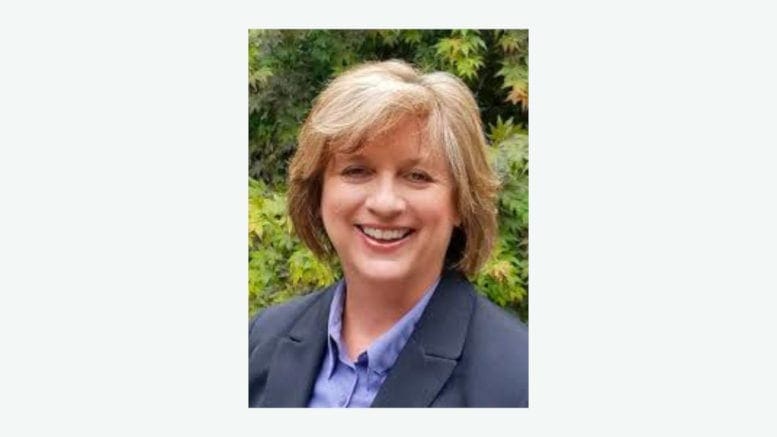By Melanie Dallas, LPC
To be clear, ‘recover’ is not the same as ‘cure’ – and to live in recovery is not the same as being cured. Although some definitions of cure will include recovery (e.g. to cure is to bring about recovery from a disease), the two words are not quite interchangeable – but nor are they mutually exclusive. Likewise, the word treatable – we know that many conditions can be treated even if they can’t be cured. So, it is worth receiving treatment for a condition that can’t be cured? The answer, of course, is yes!
As we recognize National Recovery Month in September, it is important to look at these words – treatment, cure and recovery – in the context of behavioral health conditions such as mental illness and substance use disorder. Even more important is understanding that while individuals with mental illness or substance use disorder may not be ‘cured’ in the usual sense of the word, with treatment and support they can most certainly recover – and most important, live a life in recovery.
If all this sounds confusing, think of it like this: living in recovery means being able to manage your illness, maybe taking medication to help control the symptoms, being aware of triggers and having strategies to respond productively. In other words, actively taking charge of your condition so it does not interfere with your ability to live independently, hold a job, raise a family, go to school – to live your life however you want to live it. And really, when you learn to do that – because recovery is most definitely a learning process – is it that much different from being ‘cured?’
Toward that end, in recognition of National Recovery Month the Substance Abuse and Mental Health Services Administration developed four key points to help increase understanding of the many facets of recovery – and the recovery process – that I want to share here:
The recovery journey isn’t just for the person with the substance use or mental health issue, it includes everyone who cares about them. Because recovery is a holistic process, families and caregivers play an important role in supporting their loved one’s recovery journey – and also face unique challenges when helping a loved one working to overcome mental health or substance use challenges. Staying connected to supportive friends, family and other loved ones can help people balance recovery and other life responsibilities.
When recovery care and support reflect someone’s unique cultural values, they are more likely to succeed. Although every individual’s recovery journey is unique, it should be based on their individual life goals and values. In other words, the support of one’s community – the community with which one identifies – is another important aspect of an individual’s recovery.
Wellness in recovery encompasses a person’s whole life, not just their substance use or mental health issue. While clinical treatment services are vital, access to housing, education, social support, and employment affect an individual’s ability to enter and maintain recovery. Recovery is personal and requires tailored, individualized care and supports that encompass almost every aspect of an individual’s life.
By sharing their stories and lived experience, peers engage others in recovery with a vital sense of belonging, support and hope. Being able to connect with someone who has lived experience in recovery makes it possible for individuals to see what is possible – and most important, gives them hope. Peers not only know how to access resources that are essential to recovery, but can also help the families of someone in recovery navigate their own unique challenges.
Ultimately, recovery encompasses almost every aspect of a person’s life, including their family, community, health and wellness – and in that sense, recovery may indeed be a cure. But whatever you call it, the most important thing to know is that recovery is always possible.
Melanie Dallas is a licensed professional counselor and CEO of Highland Rivers Behavioral Health, which provides treatment and recovery services for individuals with mental illness, substance use disorders, and intellectual and developmental disabilities in a 13-county region of northwest Georgia that includes Bartow, Cherokee, Cobb, Floyd, Fannin, Gilmer, Gordon, Haralson, Murray, Paulding, Pickens, Polk and Whitfield counties.
